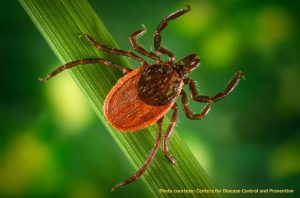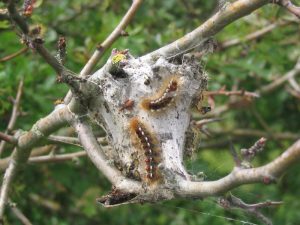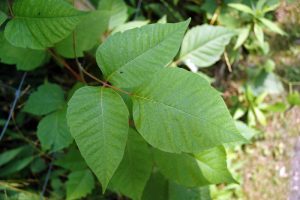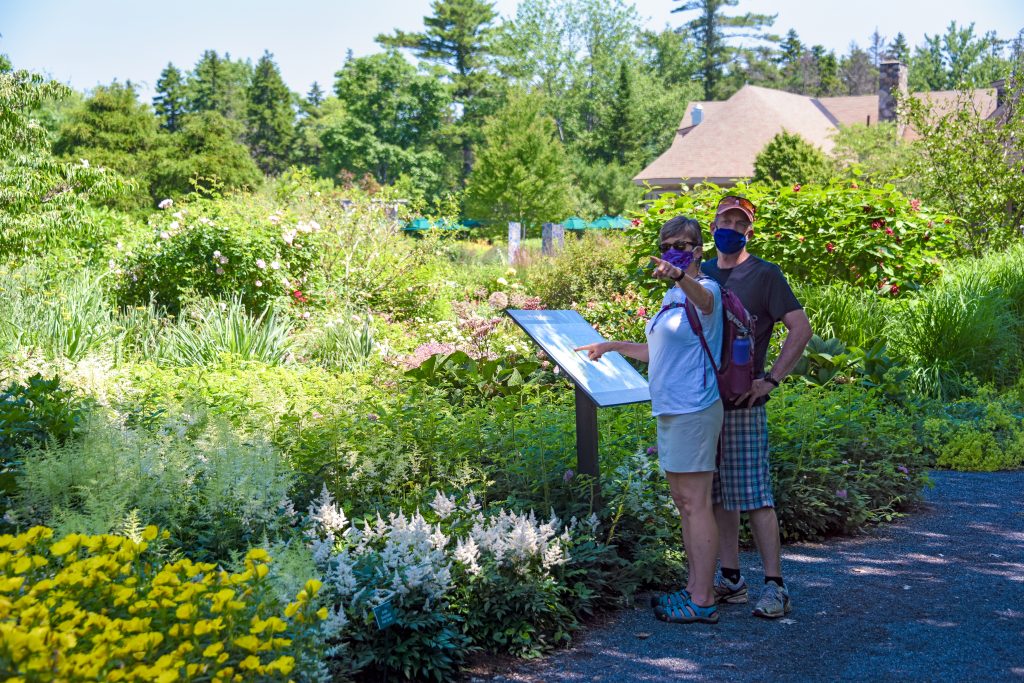Your safety, health, and well-being are important to us. Maine’s reputation for stellar outdoor recreation is iconic. And why not? From mountains to lakes, forests to the coast, there’s no better place to be. Here at the Gardens, we love providing a place of connection to the natural world. But while the benefits of the outdoors (think increased overall physical and mental wellbeing) far outweigh the risks, there are still some things to be aware of. While visits to the Gardens are fun and educational, there are some things you can be mindful of to make your visit the safest it can be.
Safety at the Gardens
Maine Woods Safety
Enjoy exploring our acres of wild and cultivated gardens and woodlands, but be aware that they are also habitat for ticks, browntail moth caterpillars, and poison ivy. To make the most of a visit to Coastal Maine Botanical Gardens, mitigate your risk by staying on paths and trails, avoiding leaf litter, and checking for ticks before heading home.

Ticks are found mostly in wooded areas and the open grassy spaces that border them. The best way to protect yourself is by sticking to paths and lawns. Nevertheless, tick-checks are important! Ticks transmit a variety of diseases, namely Lyme Disease. Check your clothing and remove any ticks you find. For more information, visit Ticks in Maine.

Browntail moth caterpillars are an invasive species found in concentrated pockets along Maine’s coast. For sensitive individuals, coming into contact with the caterpillar’s tiny, poisonous hairs can cause a rash similar to poison ivy. The caterpillars are most active April through late June, but even shed hairs can remain toxic throughout the summer. Reduce your exposure by staying on paths and out of leaf litter. For more information, visit Maine’s browntail moth page.

Poison ivy’s iconic three-leaf shape is probably familiar to most of us. This woody perennial can be found almost anywhere—here at the Gardens, we try to mark the patches to protect our guests. If you come in contact with poison ivy, wash skin with soap and cool water as soon as you can.
Integrated Pest Management at the Gardens
At the Gardens, we are always working against the threat of foreign and domestic invasive species. Many of these species do not have native biological controls in Maine and, as a result, their populations can grow unchecked. Here at the Gardens, we practice integrated pest management (IPM). IPM focuses on long-term prevention of pests by both managing the whole ecosystem and by studying environmental factors affecting their ability to thrive. At the same time, IPM looks at the health of the plant and its ability to resist pests and pathogens. With this information, we work to create conditions that, while favorable to the plant, are unfavorable to the pests. We primarily employ cultural practices such as pruning and mulching to improve plant health and resistance to pests. Occasionally biological controls, such as nematodes and ladybugs—natural enemies of common pests, are released to control insect pest populations. We also choose pest-resistant cultivars and, when necessary, employ mechanical controls such as hand-picking, traps, fences, nets, and cages to relocate larger pests. When all cultural and mechanical options are exhausted, chemical methods will be used, always utilizing the least toxic option in targeted applications. These targeted areas are identified with a sign where it has been applied.
Covid-19 Safety
- CMBG follows CDC guidance regarding use of face coverings based on their county-by-county risk assessment system. Prior to visiting the Gardens, guests may review the CDC website for Lincoln County’s latest level of spread. In accordance with the CDC, the Gardens recommends guests wear a mask in indoor spaces if local transmission levels are rated as “high.”
- In addition, guests with recent exposure to someone with Covid-19, or guests who recently contracted Covid-19 but whose symptoms are resolving, should wear a mask for 10 days following exposure or symptom onset. Additionally, any guest is welcome to wear a mask at any time.
- Do not visit the Gardens if you are ill or exhibiting any symptoms of COVID-19.

